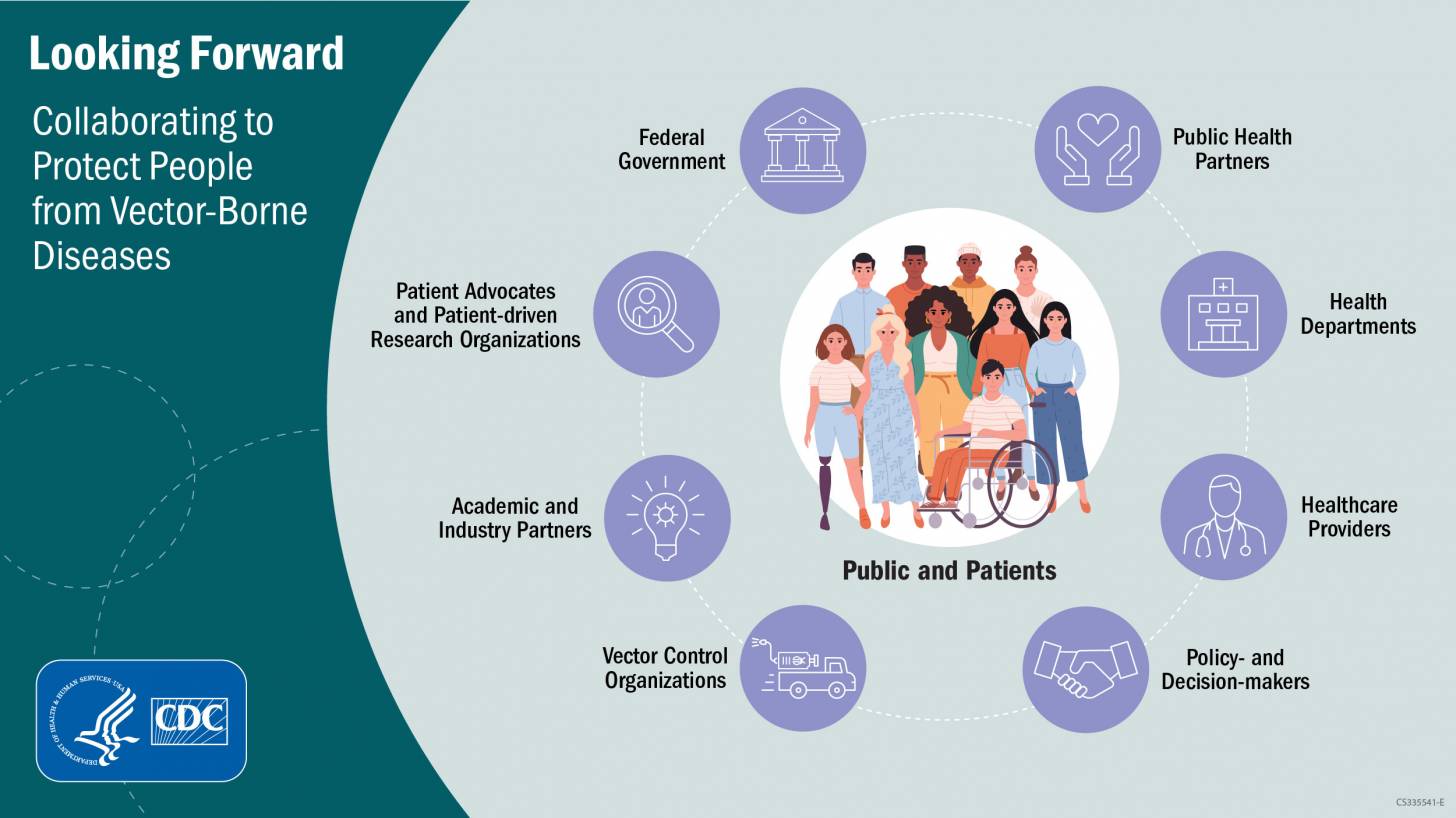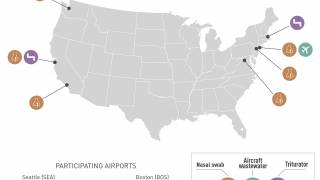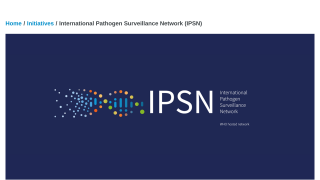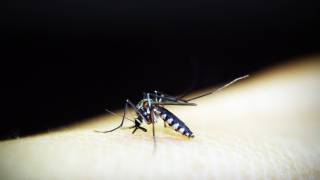National Public Health Strategy Released to Prevent and Control Vector-Borne Diseases

The U.S. Department of Health and Human Services (HHS) recently released the National Public Health Strategy to Prevent and Control Vector-Borne Diseases in People.
These diseases, Lyme, Zika, West Nile virus, dengue, and malaria, have doubled their negative impact on society over the last two decades.
To combat this public health threat, a comprehensive and sustained national effort to protect people is required.
Announced on February 6, 2024, this HHS strategy has been developed over four years. It results from a collaborative effort by over 50 representatives across 17 federal agencies, as directed by the 2019 Kay Hagan Tick Act.
The strategy is co-led by the HHS Office of the Assistant Secretary for Health and the Centers for Disease Control and Prevention (CDC), and it outlines federal priorities to detect, prevent, respond to, and control diseases and conditions caused by vectors in the United States.
This is the most significant formal federal coordination effort focused on vector-borne disease prevention and control, and it will be instrumental in helping to combat the spread of these diseases.
Due to shifting land use patterns, global travel and trade, and a changing climate, the threat of existing and emerging vector-borne diseases continues to grow.
Furthermore, as the geographic ranges of vectors expand, the number of pathogens spread by vectors continues to increase.
In addition to identifying challenges and opportunities to enhance the prevention and control of vector-borne diseases, the strategy lays out an ambitious national public health approach to develop diagnostics, drugs, and treatments for coexisting conditions.
Although critical to public health and wellness, clinical and healthcare services, access to care, legal protections, and reimbursement or payment for clinical services are outside the scope of this strategy.
The unedited announcement is available at this link.
Getting vaccinated against infectious diseases is one of the most effective ways to protect your health while traveling abroad, says the World Health Organization.
Various U.S. Food and Drug and European Medicines Agency travel vaccines are approved in 2024.
According to the CDC, most travel vaccines should be administered at least one month before departure to ensure maximum protection. These vaccines are generally available at pharmacies in the U.S.
Our Trust Standards: Medical Advisory Committee
























